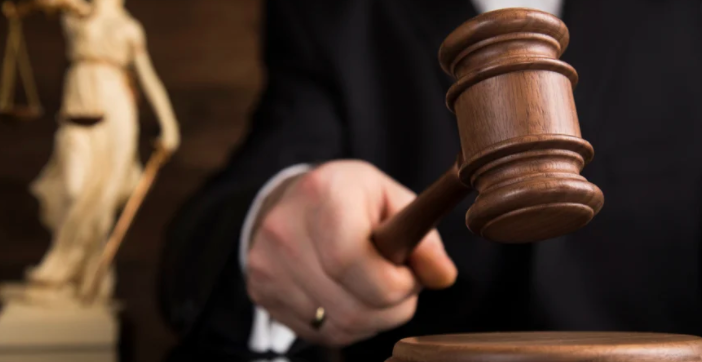A judge’s duties include far more than presiding over trials, including all matters that take place before, during and subsequent to trial. In most jurisdictions, upon the filing of suit, a case is assigned to a particular judge, to whom all matters must be presented.
There are always pretrial issues that arise which the presiding judge must resolve. Included among these are preliminary exceptions filed in response to the suit, discovery issues, amendment of pleadings issues, and various other motions. Exceptions are pleadings filed asserting some sort of irregularity with respect to the suit that was filed. Potential irregularities are innumerable but typically consist of allegations that the suit was filed improperly, untimely, in the wrong parish, by the wrong person, and any other issues that could delay or defeat the suit preliminary. The judge must resolve the issues raised by the exceptions filed.
Discovery issues are issues that may arise in the course of trying to investigate the issues in the case. These issues include a party being less than forthcoming in responding to questions, not producing pertinent documents, not admitting certain facts that should be admitted, not cooperating in providing sworn deposition testimony, and any other efforts to obstruct the investigative process. The judge must resolve any discovery issues that arise. Other pretrial issues include various motions that may involve efforts to limit the issues for trial and/or dismiss the suit. The judge must resolve all such motions preliminary to a trial.
The presiding judge must also decide all issues that arise at trial. First and foremost, the judge is responsible for insuring that the trial is conducted with dignity and in an orderly manner, so that justice is done. A judge is responsible for making sure that the proper trial procedure is followed and must rule on the admissibility of evidence, jury selection and jury charges (if jury trial), trial motions, and a ruling of the case (if bench trial) or issue judgement consistent with any jury verdict (if jury trial). There are other matters that can arise post trial that the presiding judge must also resolve.
After trial and should an appeal be taken by any party, the presiding judge is divested of jurisdiction, and the jurisdiction of the court of appeal attaches.
Cle’ Simon
For more than 75 years the Simon family has carried on a family tradition of restoring lives in local communities and throughout the stat of Louisiana. At Simon Law Offices, I have proudly embraced this tradition and strive every day to continue the legacy. Simon Law Offices are Cajun Strong and restoring lives throughout Louisiana, one client at a time.








